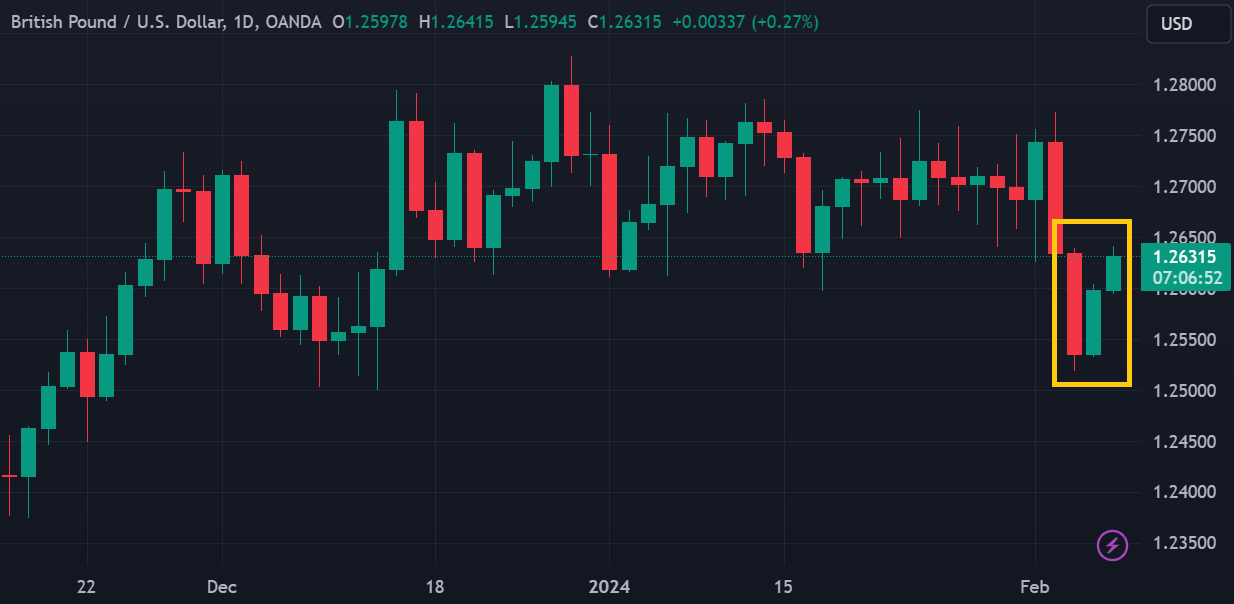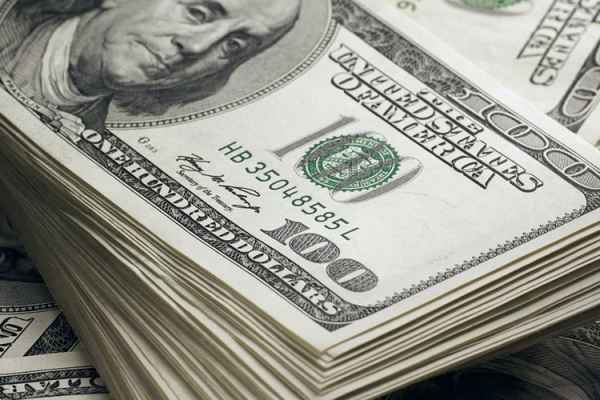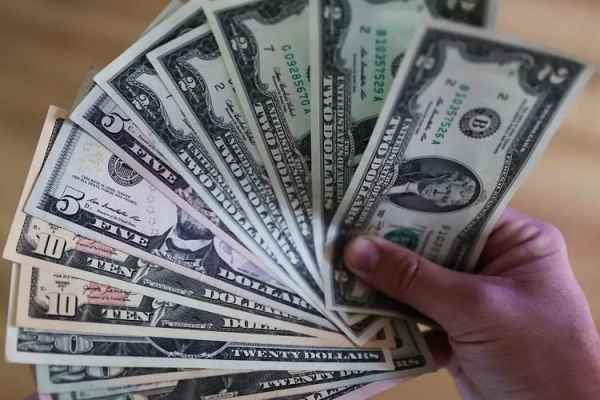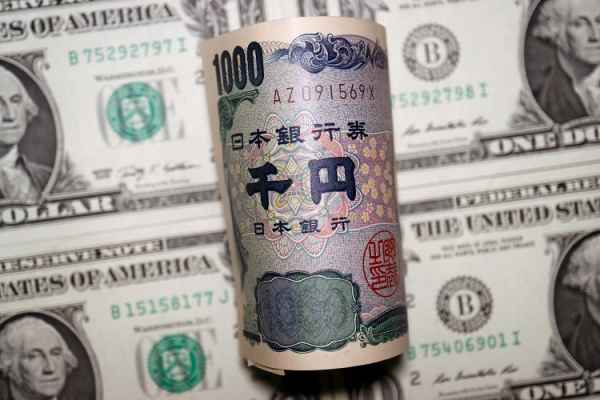As long as UK house prices continue to rise rapidly, inflationary pressures will find it difficult to slow down. This pushes the GBPUSD rate higher.
The Pound Sterling performed well on Wednesday (7/February) following the publication of UK house price data. GBP/USD continued to rebound to the 1.2640s, GBP/JPY stabilized in the 186.60s, and EUR/GBP slumped near its lowest level since November.

The Halifax House Price Index posted a 1.3% (month-over-month) increase in January 2024. Whereas the previous consensus expected a slowdown from 1.1% to 0.8% (month-over-month).
The monthly increase in house prices significantly boosted the annual growth from 1.8% to 2.5%. This is the fastest pace of annual house price growth in a year. Halifax also reported signs of a recovery in momentum in UK house price trends.
Housing variables, both house prices and rental rates, are important to inflation. As house prices rise rapidly, inflationary pressures will find it difficult to slow down to the 2% target the Bank of England (BoE) desired. Consequently, market participants dampened expectations of a BoE rate cut and bought sterling again.
"We continue to expect the first (BoE) rate cut in September, three months later than the Fed and ECB rate cut forecasts, thus reflecting stiffer wage growth and services inflation in the UK," said Daniel Vernazza, Chief International Economist at UniCredit Bank.
"Further signs of resilience in the UK housing market from the Halifax survey underpin the view that the BoE won't be in an hurry to cut rates," said Jane Foley, head of FX strategy at Rabobank. "The remarks from the BoE's Breeden this morning also signal that she is in no particular rush to ease policy," she added.
Sarah Breeden, a member of the BoE MPC, told the UK WEN Annual Networking Event that house prices should be monitored closely when considering rate cuts. She also admitted that she is now considering how long interest rates should remain at current levels.

 Dedicated FREE FOREX VPS
Dedicated FREE FOREX VPS Free FOREX Virtual Private Server
Free FOREX Virtual Private Server MT4 Demo Contest, Get $500
MT4 Demo Contest, Get $500 Sign Up for an Account, Claim 60% Deposit Bonus
Sign Up for an Account, Claim 60% Deposit Bonus Free MT4/MT5 VPS 2024
Free MT4/MT5 VPS 2024 Send E-mail and Get Free Merchandise
Send E-mail and Get Free Merchandise $1K Refer a Friend Bonus for Pepperstone Pro clients
$1K Refer a Friend Bonus for Pepperstone Pro clients Maximize Your Earnings with 100% Deposit bonus
Maximize Your Earnings with 100% Deposit bonus Trade to Win, $5,000 Monthly Demo Contest
Trade to Win, $5,000 Monthly Demo Contest Claim 30% + 15% Deposit Bonus from LiteFinance
Claim 30% + 15% Deposit Bonus from LiteFinance






